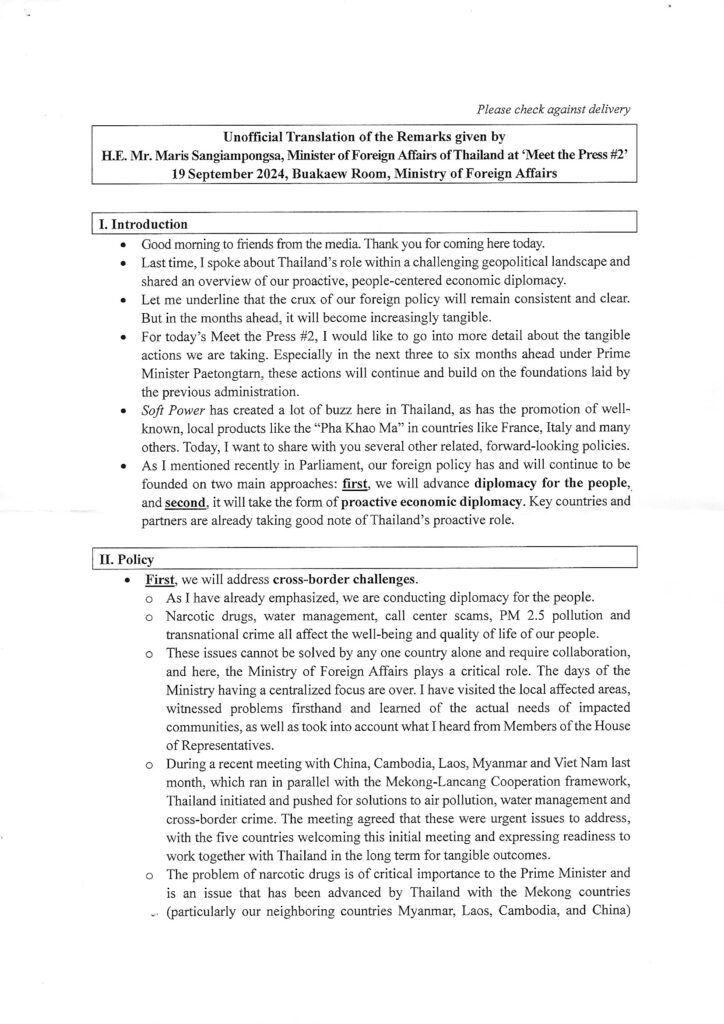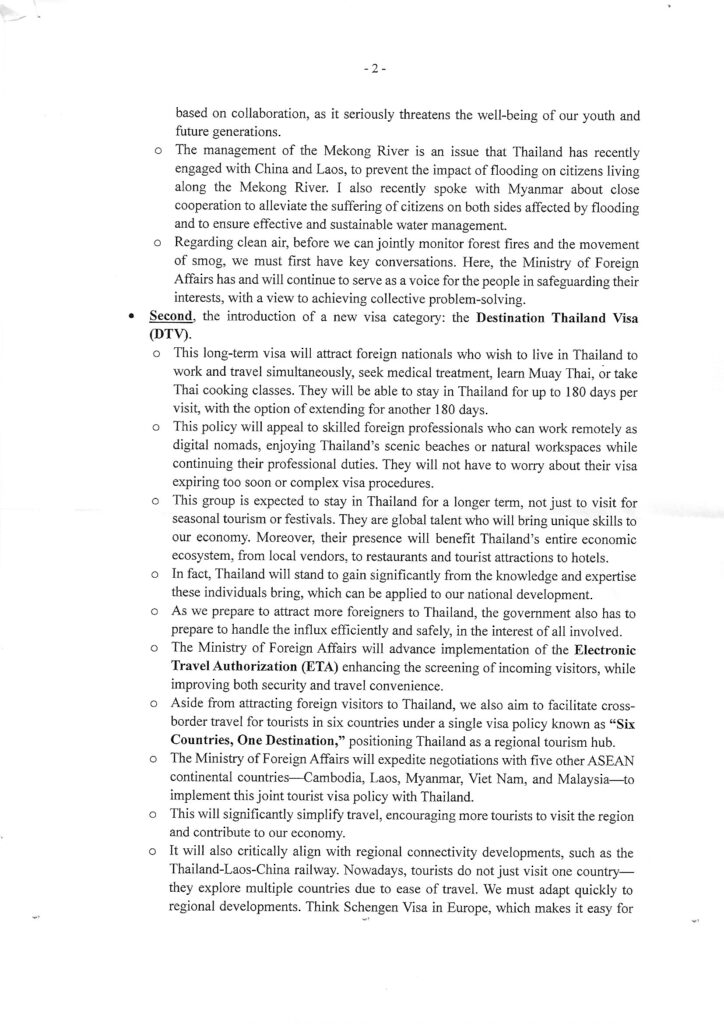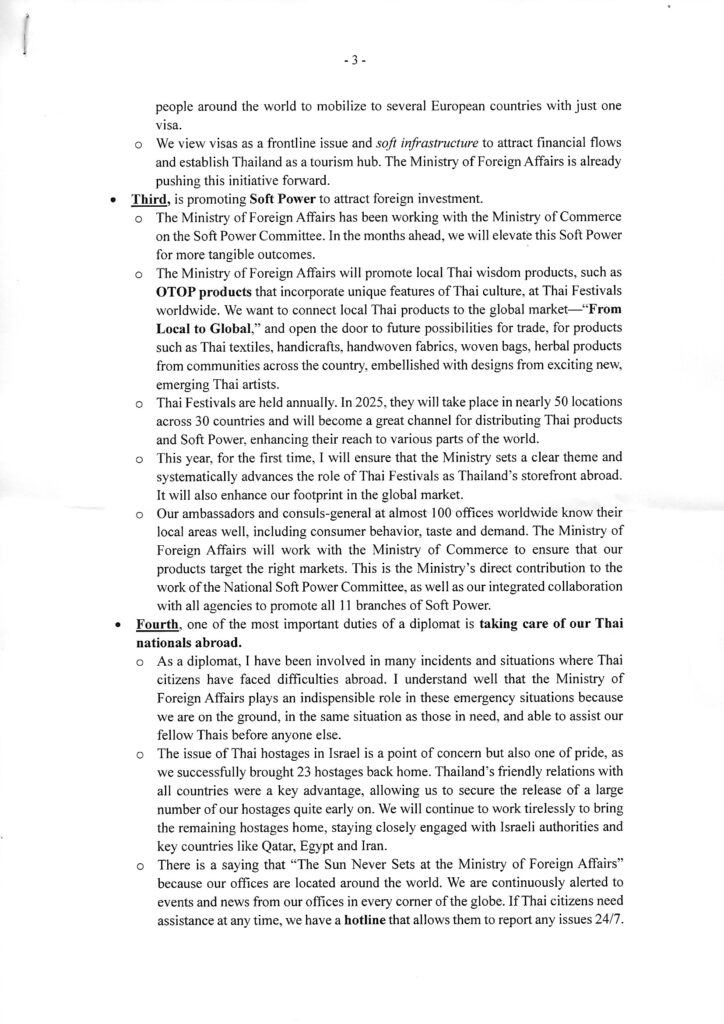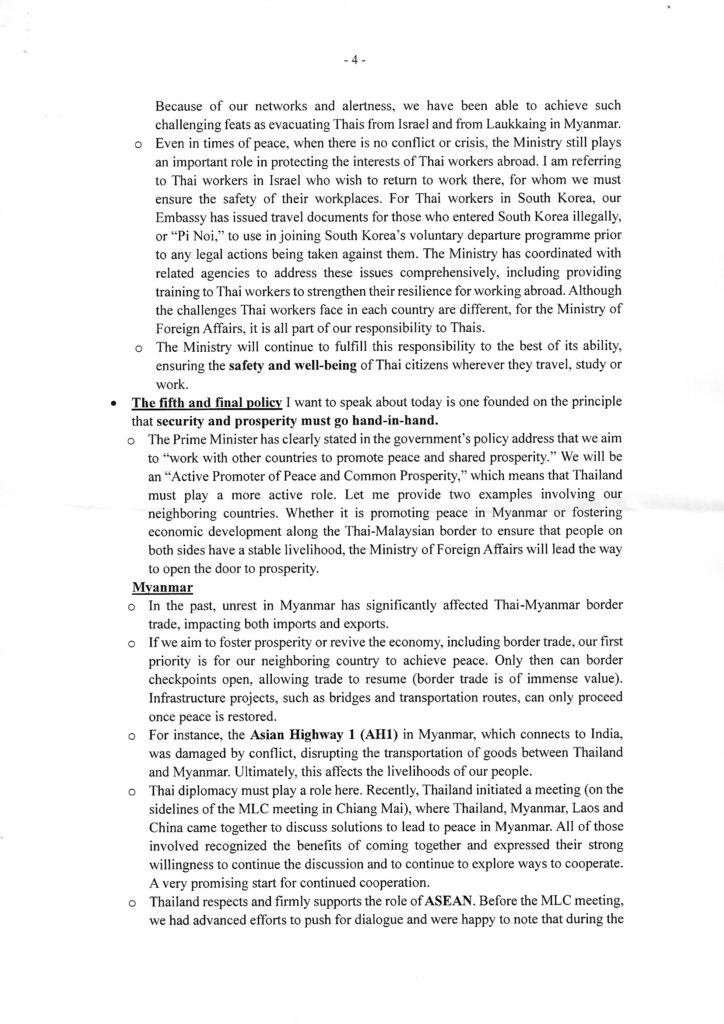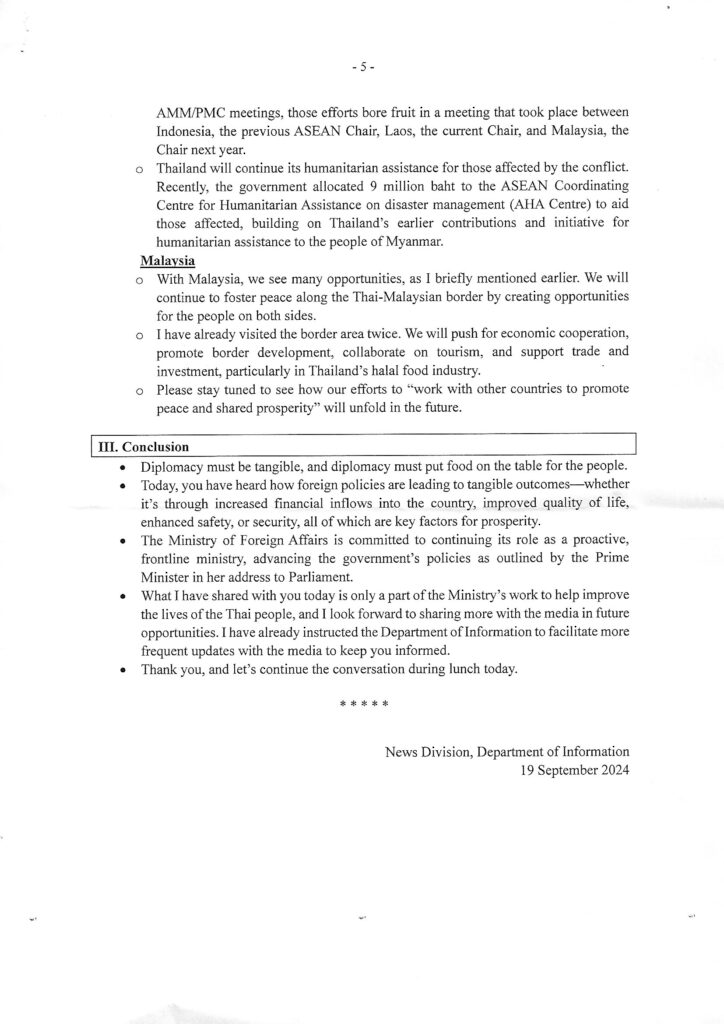19 Sep 2024
Tourism, Connectivity and Soft-Power Set to Drive “Proactive” Thai Foreign Policy
Bangkok — Promoting tourism, connectivity with the regional countries and Thai Soft-Power are to be the core drivers of the Foreign Ministry’s “proactive, people-centered economic diplomacy” in the next six months. Addressing the MFA’s second “Meet the Press” session on 19 Sept, Foreign Minister Maris Sangiampongsa said, “Diplomacy must be tangible, and diplomacy must put food on the table for the people.”
He outlined a five-point policy agenda designed to generate increased financial inflows into the country, improve quality of life, enhance safety and security, and promote peace and shared prosperity with the neighbouring countries.
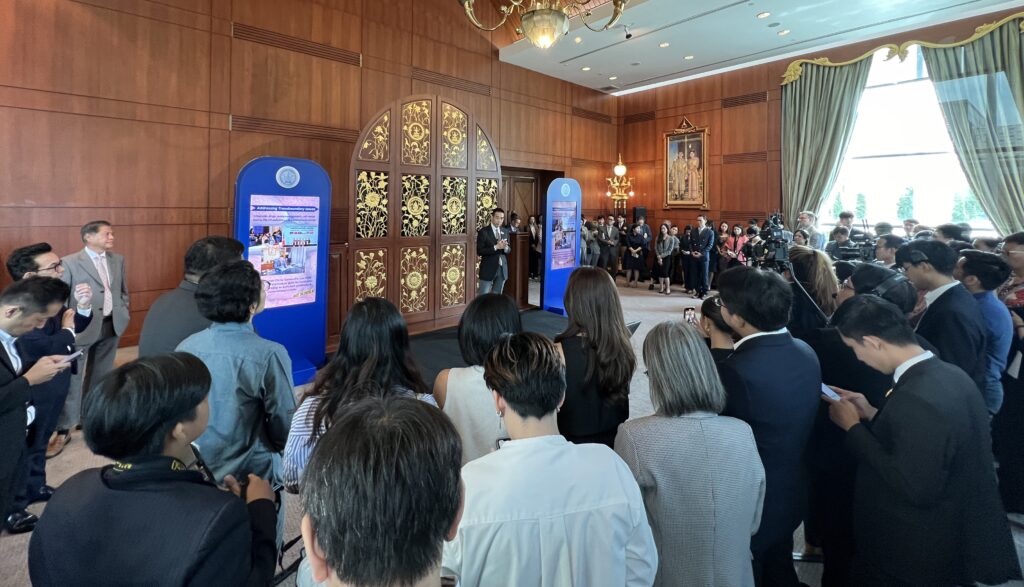
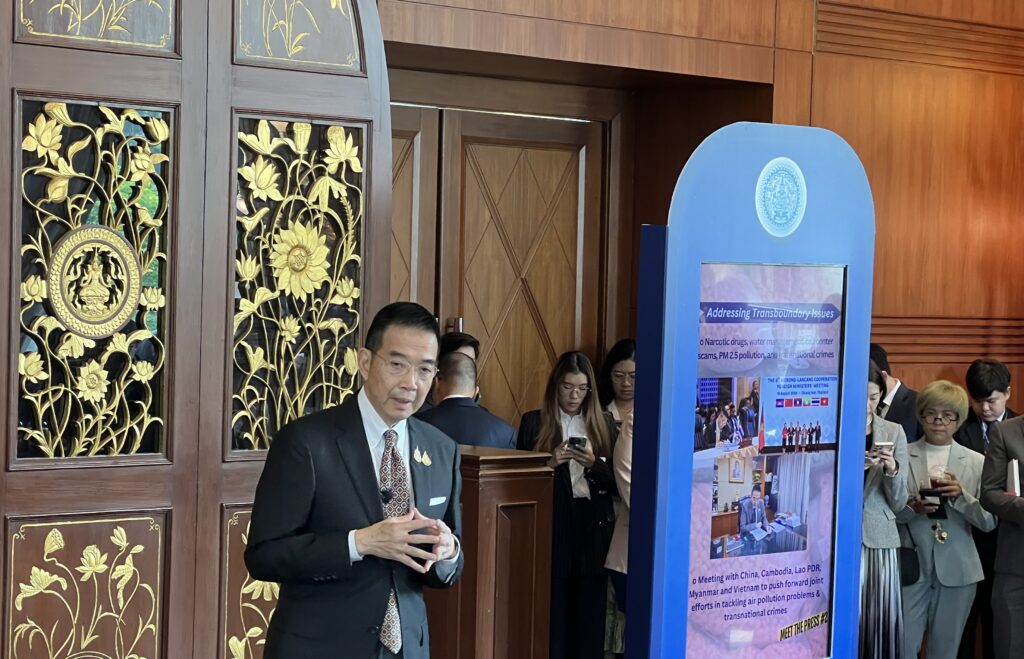
“The Ministry of Foreign Affairs is committed to continuing its role as a proactive, frontline ministry, advancing the government’s policies as outlined by the Prime Minister Paetongtarn Shinawatra in her address to Parliament,” he said, promising more future interaction with the media to keep the public informed of Ministry activities.
An analysis of the Minister’s statement shows that Thai embassies and diplomats abroad will take on new roles as promoters of everything from tourism, products and festivals while also working to solve cross-border and regional challenges such as narcotic drugs, water management, call center scams, PM 2.5 pollution and transnational crime.
Another important responsibility will be taking care of Thai nationals abroad, especially those affected by crisis or conflict.
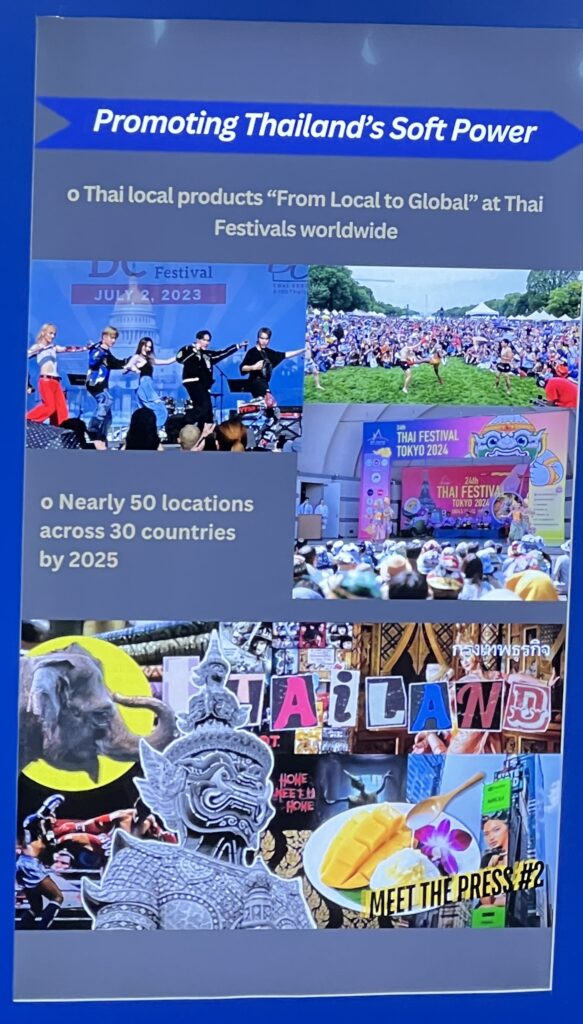
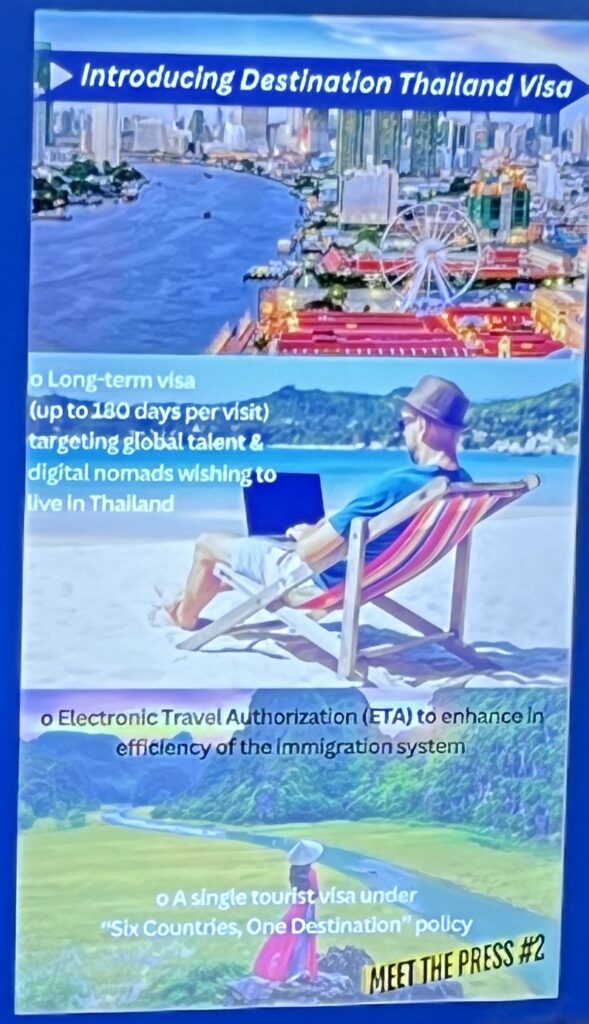
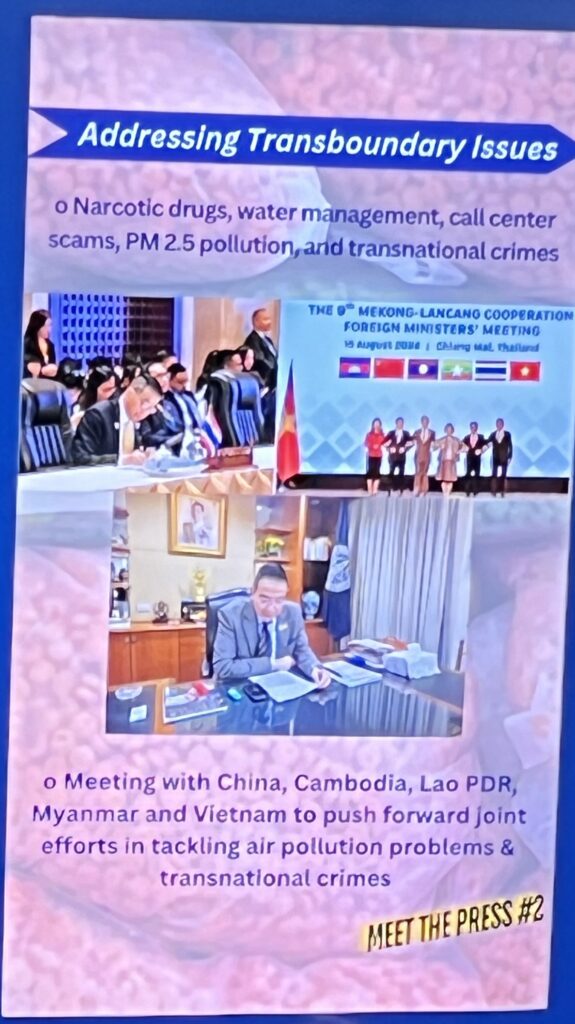
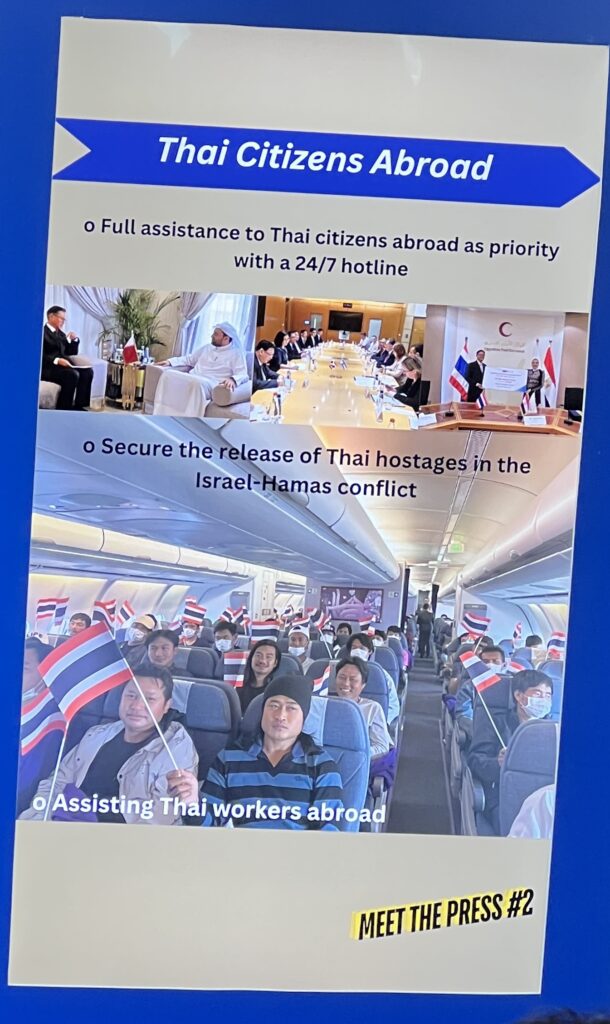
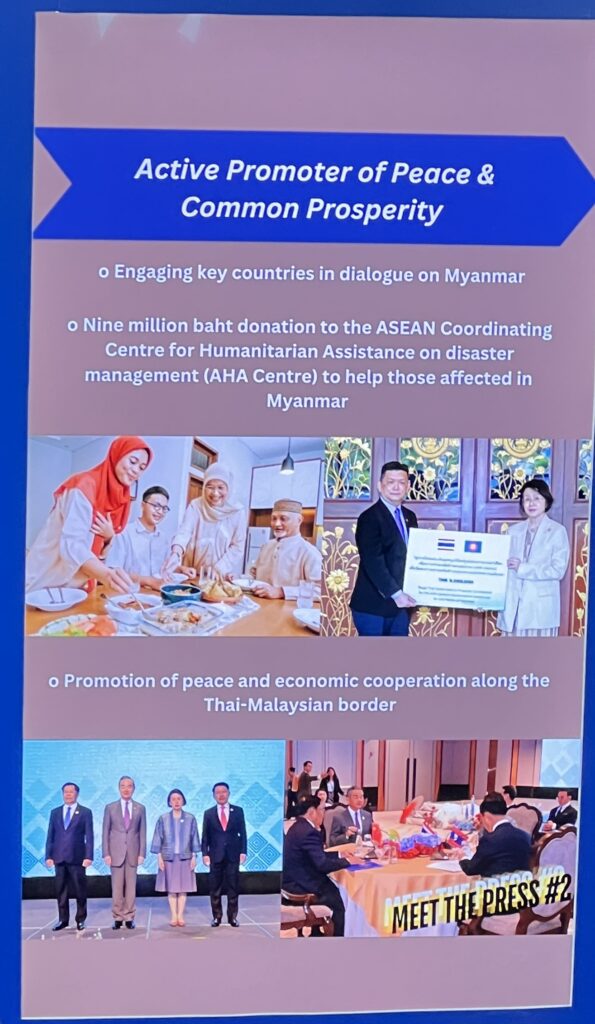
I covered the Minister’s briefing. An unofficial translation of his comments is reproduced below to help the Thai tourism industry study the contents in detail. There are two important takeaways for Thai tourism:
1) The need to establish regular channels of communications with the MFA and its global presence to provide feedback, monitor complaints and coordinate remedial action, specifically to address underlying issues, many of which are way beyond the capacity of the public sector agencies or private sector associations to fix individually.
2) The need to learn from the MFA’s media management strategies which focus on quality journalists reporting for established media outlets, not just influencers, bloggers and content creators. The travel industry’s shift towards the latter since the dawn of social media channels has led to a marked dumbing down of industry discourse. That imbalance needs to be rectified.
